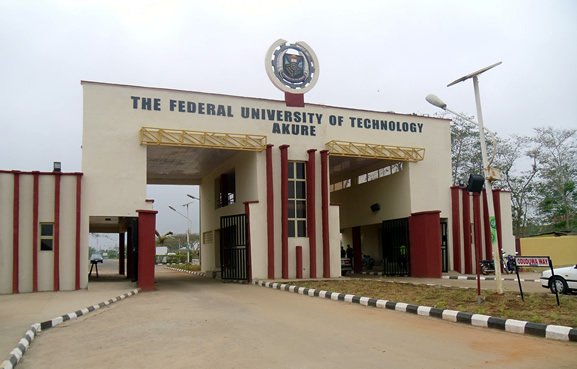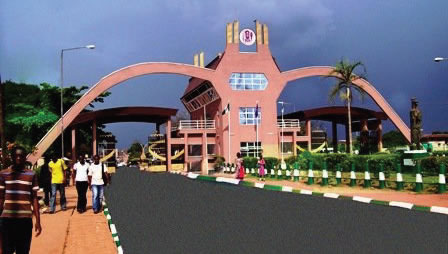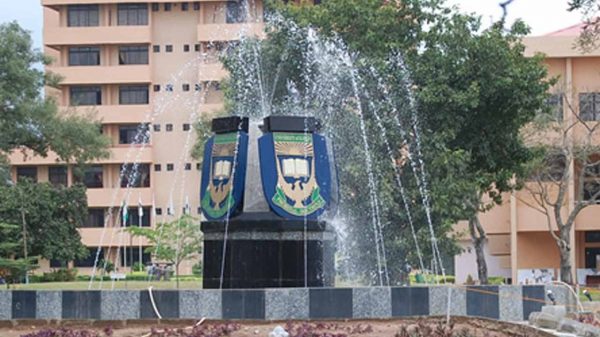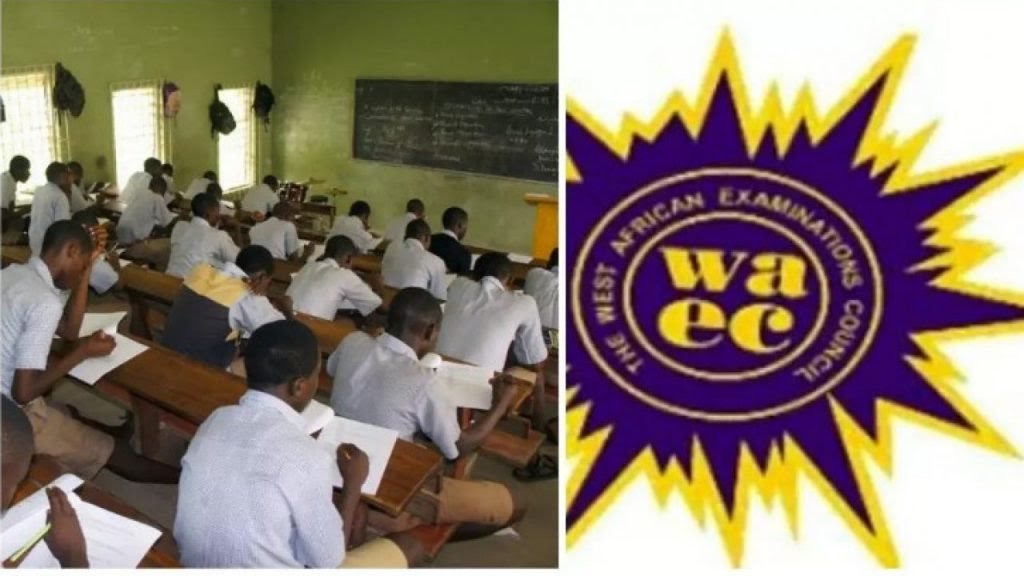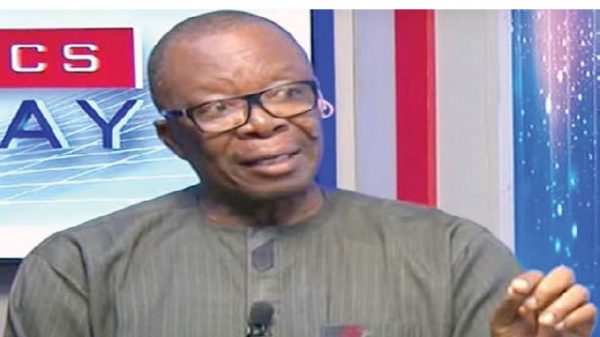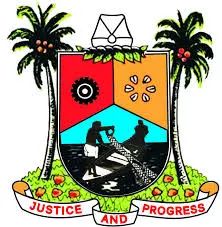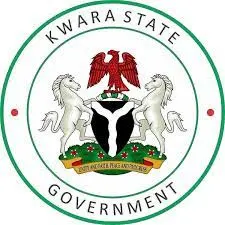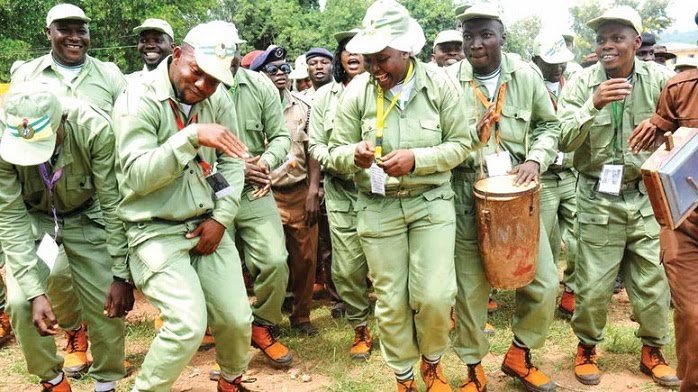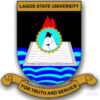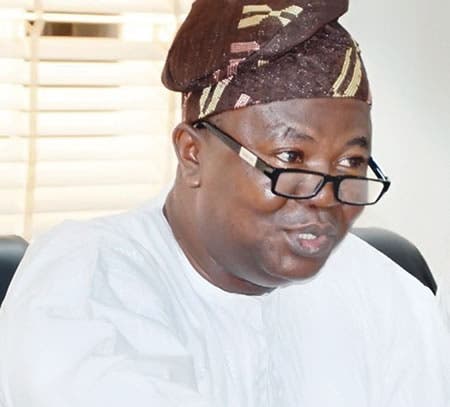The Federal Government has clarified that there is no age restriction for sitting for the National Examination Council (NECO) and West African Examination Council (WAEC) examinations.
Minister of State for Education, Dr. Tanko Sununu, made the clarification in Abuja on Friday while briefing journalists on activities to herald the 2024 World Literacy Day with the theme: “Promoting Multilingual Education: Literacy for Mutual Understanding and Peace.”
According to him, the government explained that it only restricted the age for sitting for the Unified Tertiary Matriculation Examination (UTME) and entry into the university to 18 years beginning from 2025, and the decision was not binding on students sitting WAEC and NECO.
Sununu said; “As regards this matter, we have made ourselves clear in different fora. But the issue kept recurring here and there. Actually, nobody among the two of us, the Minister of Education, Prof. Tahir Mamman, nor the Minister of State, stated anything about the age limit for WAEC, NECO or NABTEB.
“People just pick up some remarks the Minister made, misinterpreted the statements to imply that age restriction has been placed for WAEC and NECO examinations.
“What we have been mentioning in the past was the entry age for University, candidates sitting for the UTME. We have made this clear several times, and this is in line with the National Policy on Education.
The document stated that a child is expected to enter Primary School at six years, and he’s expected to spend six years in that school making it 12 years, three years each in junior and senior secondary schools, making it 18 years. That’s what is contained in the National Policy on Education document.
In 1983, the Federal Government introduced the 6-3-3-4 education system, aimed at addressing the educational needs of its citizens and equipping youths with practical skills for self-reliance. More than two decades later, the system was modified into the Universal Basic Education (UBE) program, also known as the 9-3-4 system, with a curriculum designed to meet global standards.
However, experts have noted that the implementation of these policies has led to a concerning trend: the admission of underage children into secondary schools.
An increasing number of parents are pushing their children to complete their education at a very young age, encouraging them to skip primary five and six and directly enter Junior Secondary School. Ideally, students should graduate from secondary school at around 18, but many now finish as early as 16 or younger due to these accelerated paths.
This rush is also evident at the Senior Secondary level, where some parents encourage their children to take the West African Senior School Certificate Examination (WASSCE) while still in SS 2. As a result, students as young as 14, 15, or 16 are completing secondary education and gaining admission into universities.
In response, the Minister of Education, Prof. Tahir Mamman, recently announced on Channels Television’s ‘Sunday Politics’ program that the Federal Government has set a new policy, requiring students to be at least 18 years old to take secondary school leaving exams. This applies to both the West African Senior School Certificate Examination and the Senior School Certificate Examination, crucial for entry into tertiary education.
The directive also impacts the West African Examinations Council (WAEC) and the National Examinations Council (NECO), responsible for administering these exams. Following the announcement, Prof. Mamman received both praise and criticism.
He clarified that this is not a new policy, stating: “For the avoidance of doubt, this is not a new policy; this is a policy that has been there for a long time.” He also reiterated that the minimum age for taking the Unified Tertiary Matriculation Examination (UTME), managed by the Joint Admissions and Matriculation Board (JAMB), would be 18.
Despite this, the policy faced backlash from university stakeholders. Many students under 18 who had already passed the UTME feared their admissions would be affected. In response, the minister temporarily reversed the directive, allowing students as young as 16 to enter university for the 2024 admissions cycle. However, he insisted that the 18-year minimum age would be enforced from 2025 onward.
Prof. Emmanuel Osodeke, National President of the Academic Staff Union of Universities (ASUU), stated that while ASUU had not yet formally discussed the issue, he personally believes students should follow the standard academic path: six years in primary school, six years in secondary school, and university entry at 18.
Former Vice President Atiku Abubakar also criticized the Ministry of Education, questioning how such a policy could be considered a priority given the broader challenges facing Nigeria’s education system.
About Author


